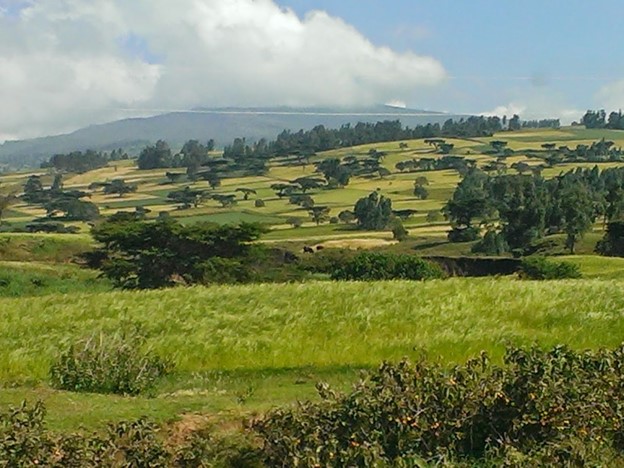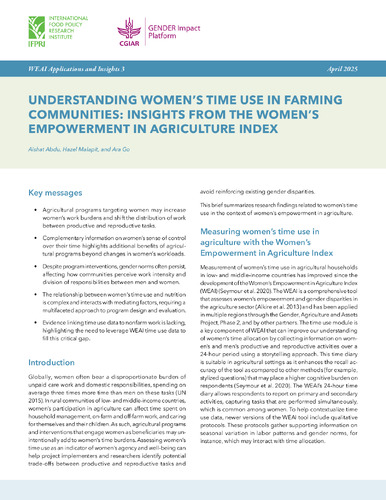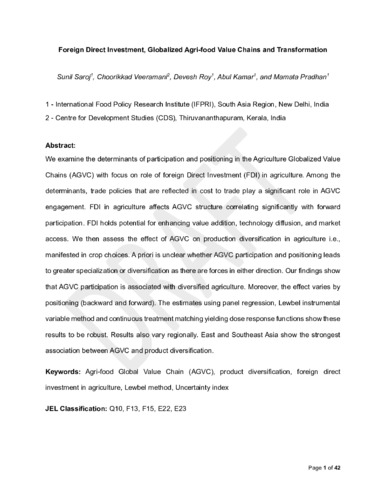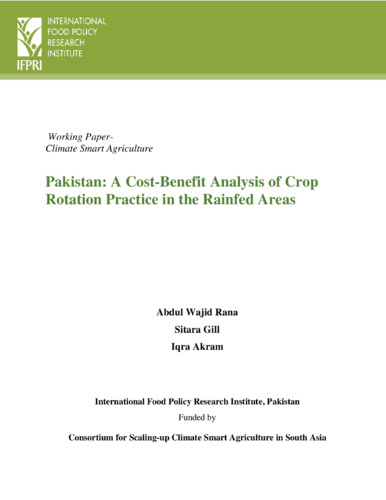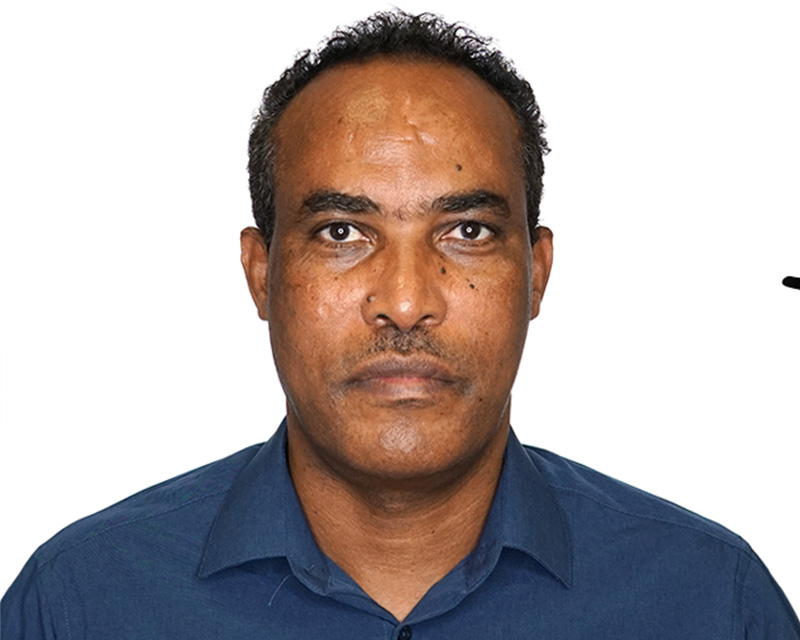This research project analyzes the patterns and drivers of agricultural transformation in Ethiopia, focusing on the household level analysis. Ethiopia makes an interesting case study because over the last decade it has experienced rapid economic growth and significant agricultural investments.
The research project relies on data from three rural household surveys carried out by IFPRI in collaboration with the Ethiopian Agricultural Transformation Agency (ATA) in 2012, 2016, and 2019 with sample sizes of 3,000 to 5,300 households, of which 1,900 were in all three rounds. The household data are combined with data on the level and variability in rainfall at each survey location.
The output consists of five papers and associated briefs, each considering a different dimension of agricultural transformation: agricultural intensification, crop commercialization, income diversification, irrigation, and gender.
Over the seven-year period, the data indicate that Ethiopia has experienced rising intensification (input use and yields) and commercialization (the share of crops sold), but little change in income diversification, with crop income continuing to dominate rural livelihoods. Agricultural intensification, crop commercialization, and income diversification seem to drive increases in household well-being. All three aspects of agricultural transformation are linked to various household characteristics. In addition, low and variable rainfall tend to inhibit input use and commercialization but increase income diversity by reducing the dominance of crop income.
The fourth study shows that just 4% of plots are irrigated, but these plots receive significantly greater agricultural inputs, and a much larger share of their output is sold. After controlling for other factors, irrigation significantly increases household standard of living.
Finally, the gender paper finds that female-headed households tend to be smaller, older, and poorer than male-headed households. In contrast, yields and commercialization are similar after controlling for farm size. Female spouses are responsible for fewer decisions than male spouses and have less contact with extension agents and community organizations.




